In a video released to social media, Trump unveiled his plan to "dismantle the deep state’’ and “clean out all the corrupt actors in our national security and intelligence apparatus. The departments and agencies that have been weaponised will be completely overhauled”. This is in addition to a pledge to weaponize the Department of Justice for personal revenge among a plethora of measures to shape the country to his will under the guise of resisting and destroying favoured far right bogeyman ‘the Deep State’.
Trump’s opponents cite the charges against him for the January 6, 2021 attack on the Capitol as evidence of both seditious conspiracy and insurrection. But whatever the result of the various court indictments, he seems to have a strong chance of returning to the White House even if Biden drops dead and is replaced by Michele Obama at the last moment like some showbiz conjuring trick. This raises the question of who will be the ones accused of committing sedition and insurrection during his next term? The President himself or those in the intelligence services that he has in his sights who may seek to resist him?
Some veterans of past volatile administrations point out that the infrastructure of US governance is pretty robust and that vying constitutional interpretations aside, it survived `Trump 0.1’ pretty intact. But the former chief of the Council on Foreign Relations, Richard N. Haas argues that although his country has been through other violent and divisive eras, this time, it is the system itself that is threatened. As he put it, the greatest threat to Global Security? ‘It’s us.”
The naked and clear ambition of the putative 47th President is unprecedented in scale and scope. Faced with such a program, some who see the US on the brink of becoming a near totalitarian state may feel they have a responsibility to resist in order to protect the constitutional rights that would be subverted and undermined by the measures. We are not talking here about Democrats and civil rights activists, although they will be on the streets and in the debating chamber and courts as expected. We are talking about the establishment itself. What Trump likes to call corrupt bureaucrats have some precedents for forming active cabals within the intelligence services carrying an agenda that steps outside their established remit. If they follow these precedents, they may fulfil the chief conspiracists theories and strengthen his hand.
Amid the fallout of the Cambridge spies, an officer called Peter Wright was appointed chairman in 1964 of a MI5/MI6 committee codenamed "Fluency" charged to find other traitors inside the UK intelligence service and within the government itself. This led to the formation of an inner circle led by Wright who were tasked with investigating the Prime Minister Harold Wilson for signs of his Soviet sympathies and possible treachery. It triggered a campaign that became known as the "Wilson Plot" with a file opened on him in the name of Henry Worthington. There followed a series of burglaries, unofficial briefings, planted ‘evidence’ and rumours dressed as fact planted in newspapers to discredit the Labour administration and hint that the Prime Minister might possibly be a Soviet agent.
Although consistently denied, the existence of a security service out of control and accountable to no one was indisputable. There is a general perception reinforced by countless TV dramas (the excellent Slow Horses et al) that despite dragging the service out of the shadows and making MI5 subject to oversight by the Investigatory Powers Commissioner's Office (IPCO), the Parliamentary Intelligence and Security Committee, the concept of formations of unaccountable cabals to undermine the government of the day or to influence who may form that government remains possible. The same is true of the US intelligence services. After all, there is enough strong evidence that it has happened before with much of the FBI and CIA machinations around the Kennedy assassination remaining arcane and unresolved.
The question is, faced with their defenestration, are there ‘inner circles’ and ‘contingency measures committees’ forming in the FBI and the CIA even as we speak?

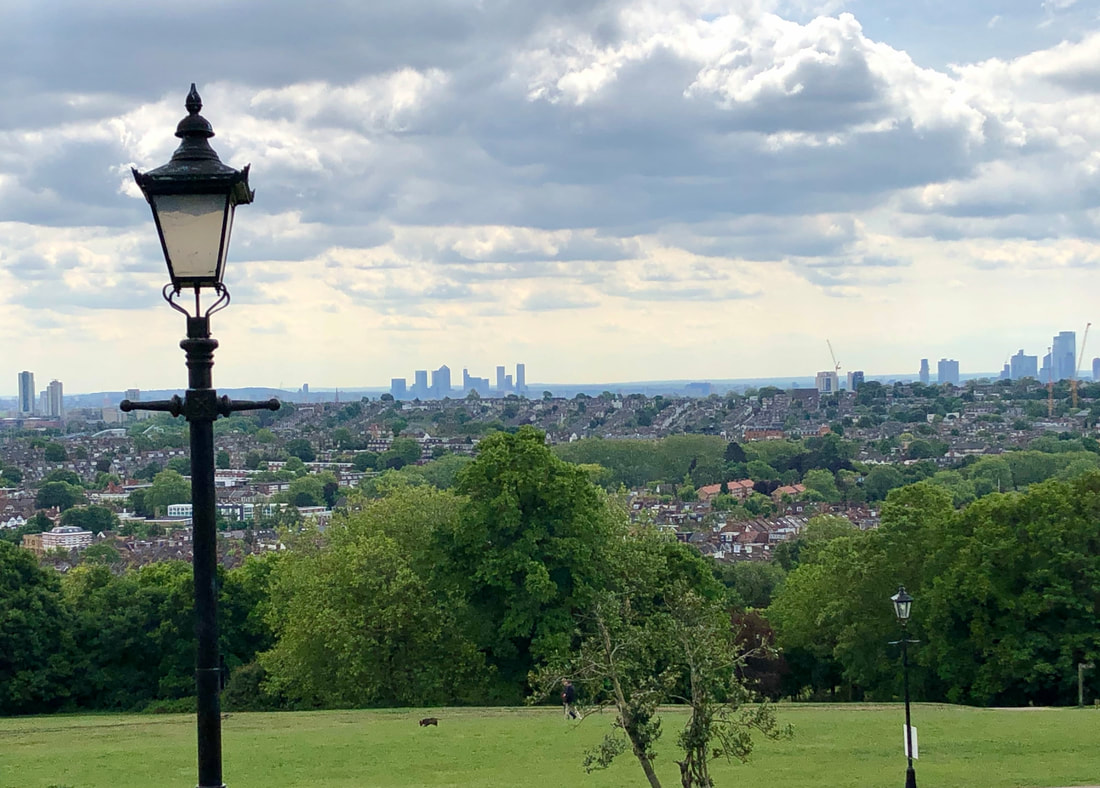
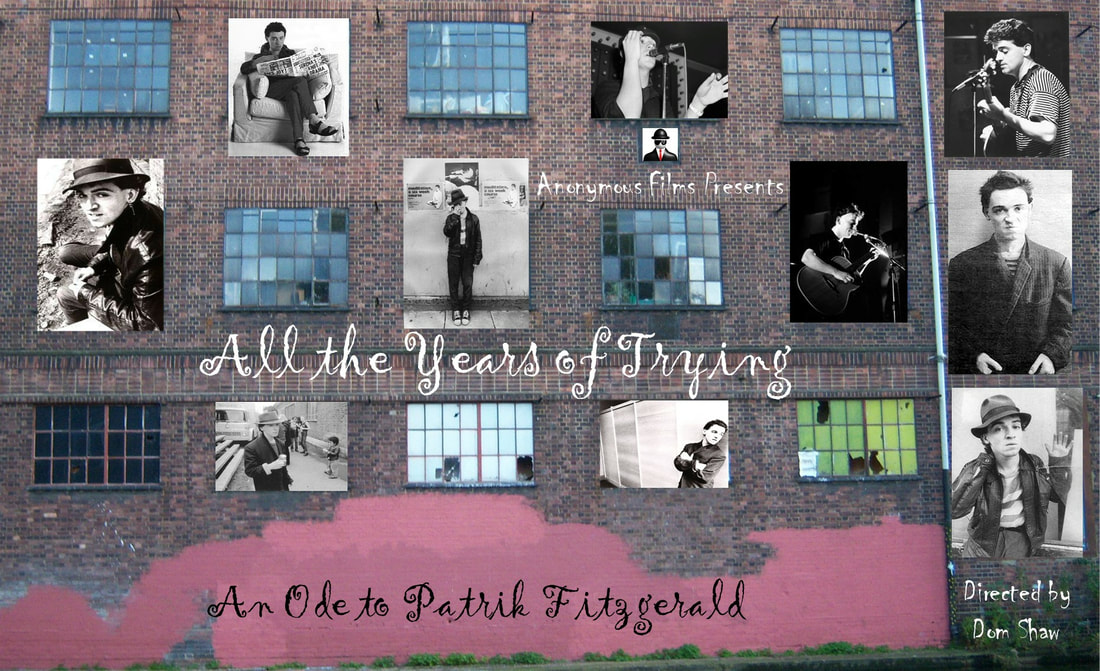



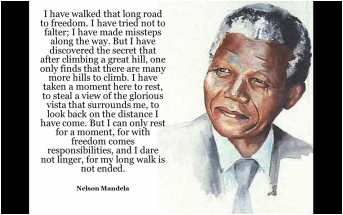
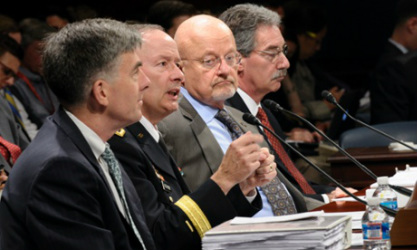
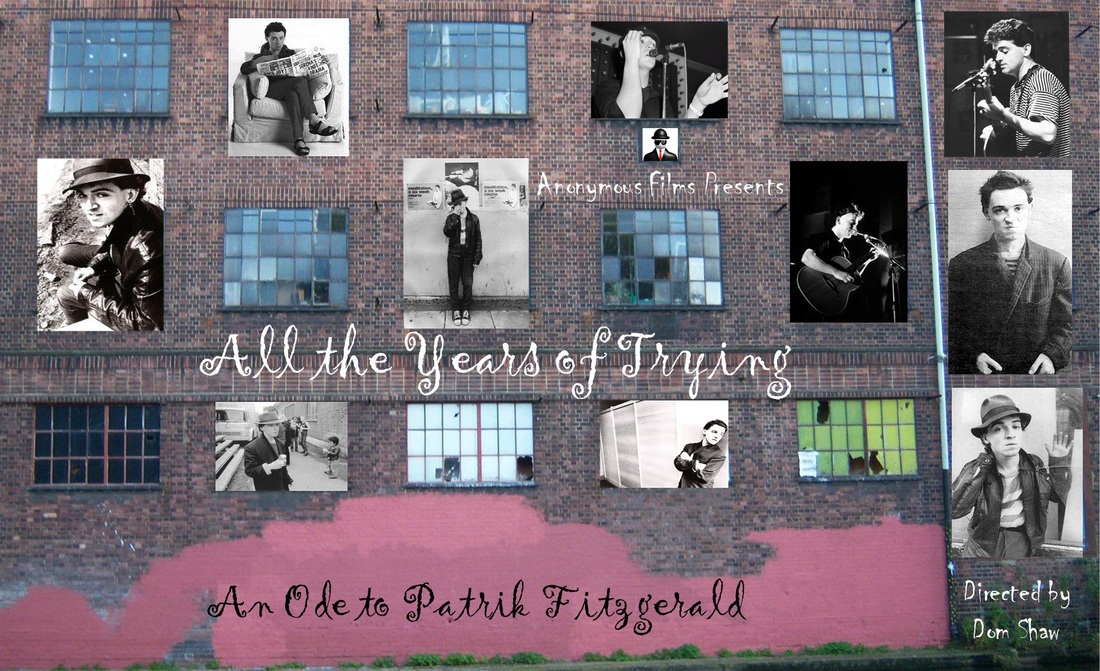
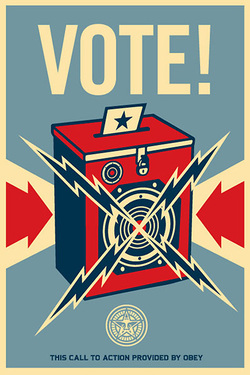
 RSS Feed
RSS Feed